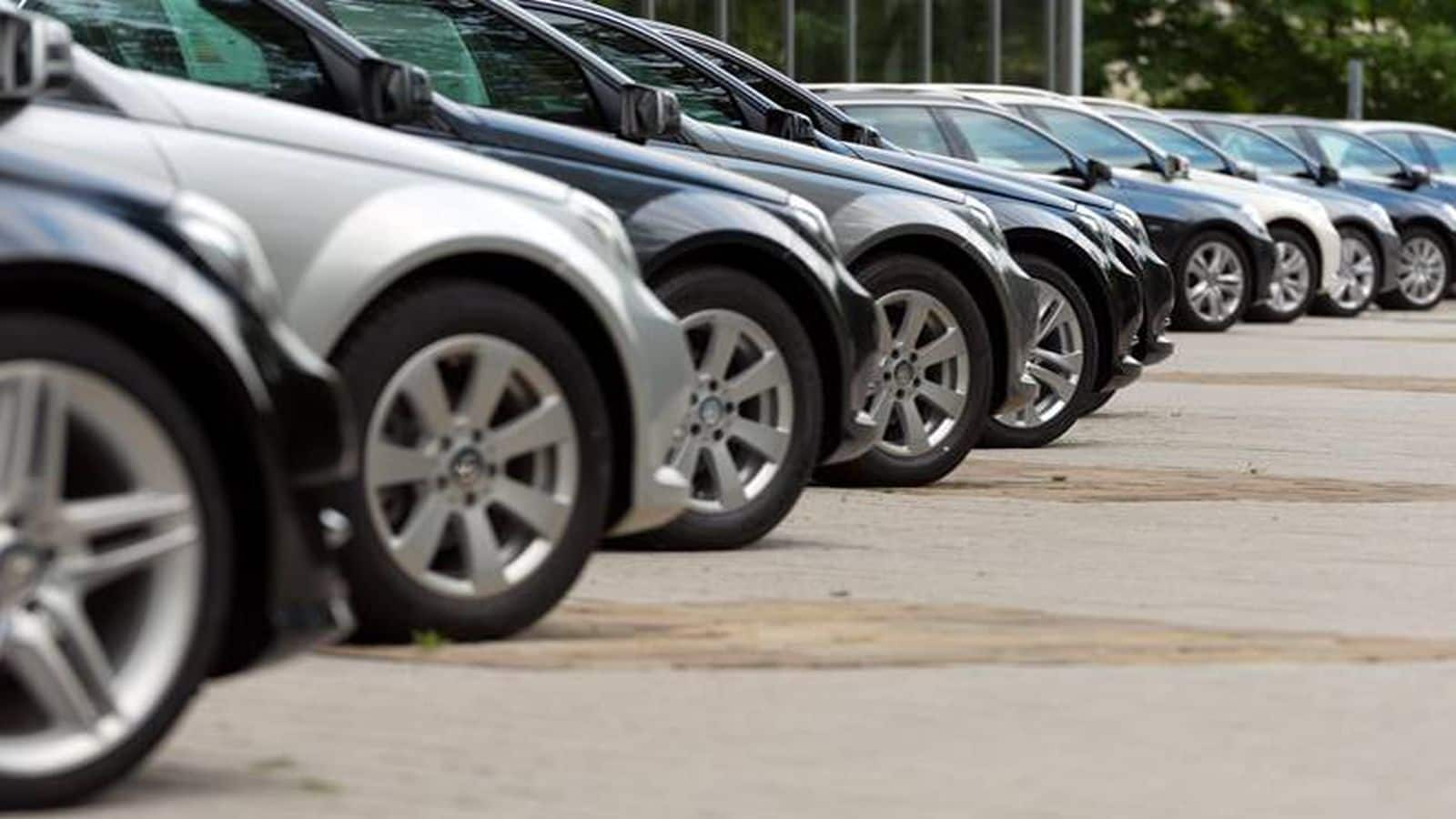
The GST Council on Saturday, December 21, decided to increase the Goods and Services Tax (GST) on the sale of second hand cars. The council has decided to increase the GST rate on the sale of old and used vehicles from 12% to 18%. However, this new rate will be applicable only to those vehicles which are purchased by the companies and on which depreciation is claimed. This means that this decision will not affect the common people buying or selling second hand cars.
The earlier tax rate of 12% will continue to be applicable for those selling or buying old vehicles individually. Currently, 18% GST is already applicable on petrol, LPG, and CNG vehicles with engine capacity of 1200cc or more and length more than 4000mm.
A rate of 18% is also applicable on diesel vehicles whose engine capacity is 1500cc or more, and SUV vehicles whose engine capacity is more than 1500cc. The new order brings vehicles into the 18% tax slab which were earlier at 12% rate. Now it also includes old electric vehicles (EVs) when they are resold by companies.
related news
However, the impact of this decision could be significant, especially on the second-hand market of electric vehicles. New EVs have a 5% GST rate to encourage users to purchase these vehicles. At the same time, re-classification of old EVs under 18% GST may reduce their attractiveness in the second-hand market.
There is already 18% GST applicable on input parts and services required for repair and maintenance of second-hand vehicles. Industry experts say that this tax increase may slow down the demand for used vehicles.
Under the current system, vehicles are taxed based on suppliers’ margins, which had led to the growth of the used vehicle market. However, the 12% tax rate will still be applicable on individual transactions, providing affordable options for individual transactions.
Also read- Will there be a decline in the stock market next week also? Nifty can touch level of 23,263: Sudeep Shah






Leave a Reply